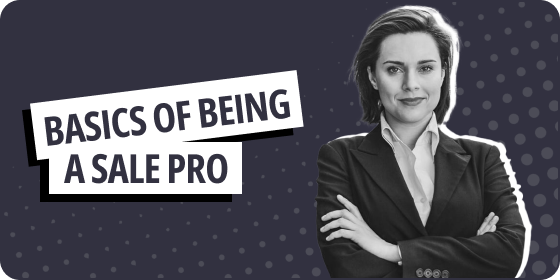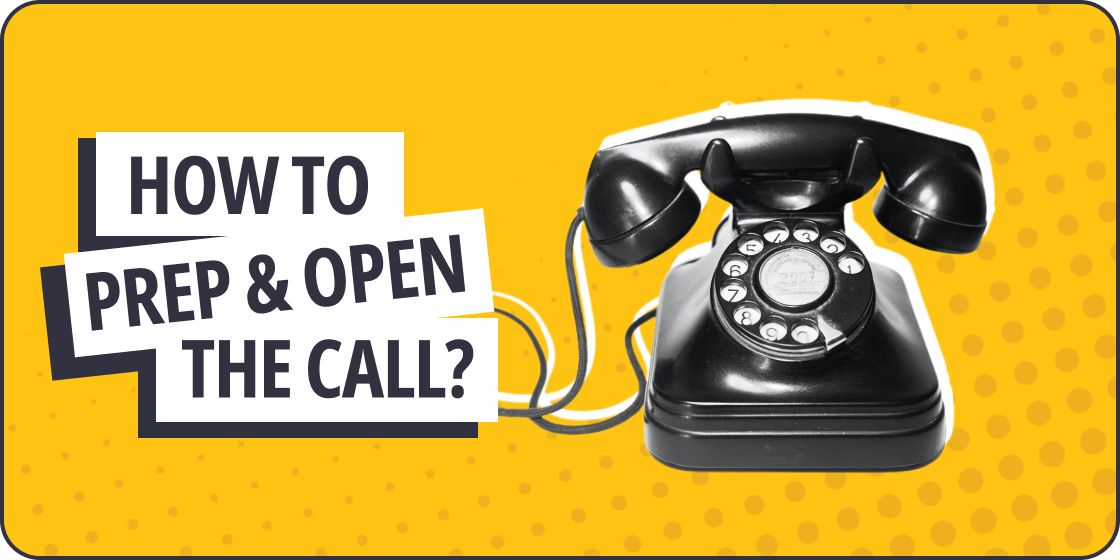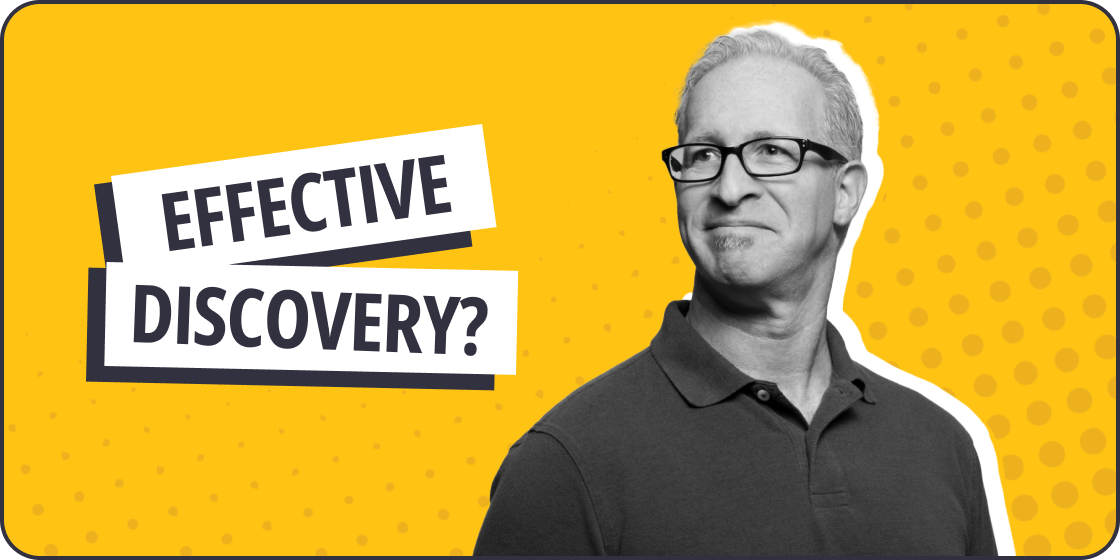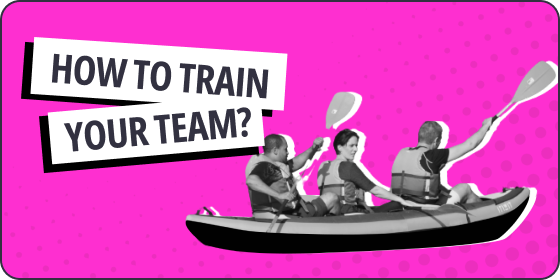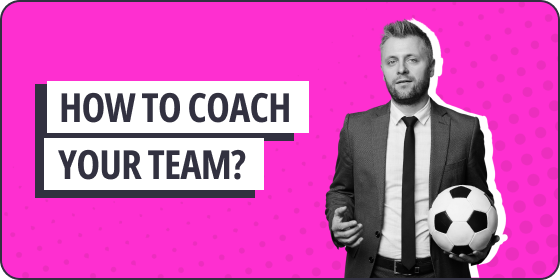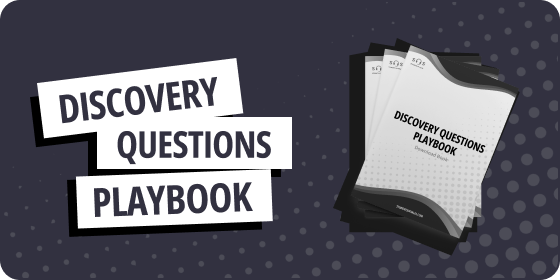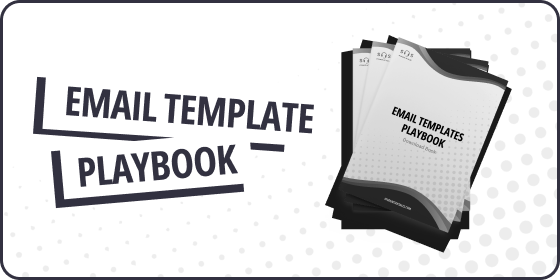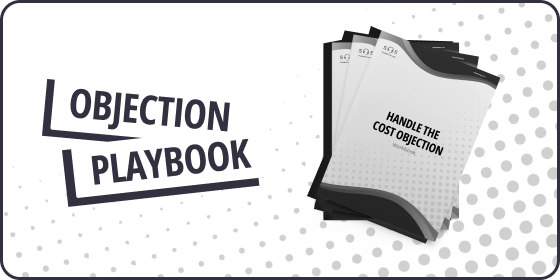4 things to know before accepting a job offer:

Whether you are new to sales or a seasoned pro; whether you are in the hunt for better pay or were just downsized, it doesn’t matter at some point you will be on that video conference call or across the table from your potential new boss telling them why you should be their new team member!
You are going to be answering a lot of questions so first, before we get into what you should be asking, let me give you a quick “heads up” on the type of questions they are going to be asking you so that you can prepare for it. And, yes, you better prepare for this. “Winging it” is amateur hour and unless you want the only qualifier for your next role to be “did they offer me a job” then you better show up prepared.
So, the first goal is to get the job offer in the first place. While you absolutely want to pick the best company for you interviewing is just like any other sales call – if all you do is qualify you are going to turn the buyer off, so the qualifiers will not matter anyway.
Below is a quick guide to improving your chances of moving on in the process and getting that offer.
Most, good, sales roles are going to have minimum of 3 stages to the process.
Step 1: Recruiter. Either internal or external they are going to go through their basic checklist of minimum qualifications to push you on to the first real interview. Look, if you cannot get passed a recruiter you are in trouble. Just be polite as hell to them, sound super excited about working for that company and exaggerate a bit. Whatever they are looking for tell them you have done a bit better. 😊
Step 2: The interview. Now this can be broken into one or sometimes a couple different interviews. Sometimes you start high up and then meet with direct manager and, other times, you start with direct manager and then higher up (like VP or even CEO). Step 3: The role play. Most companies will have some role play during the process. You are being hired for a sales job and there is no better way to find out if you can sell and how you sound then to watch you do it. It’s like trying out for a baseball team – you can tell me all you want about your stats and work ethic but until I see you hit or throw a ball; I don’t really know what you can do.
Basic answers you better have prepared and practiced for the interview:
Know your numbers. Sales is about quota. How you get there and how often you get there. I can’t tell you the number of times I’ve asked a candidate about their performance, and they told me all about how they were a top salesperson but, when I followed up with something as basic as “how many appointments did you run a month?” they would stumble to come up with the numbers. If you cannot tell me your close rate, your AOV, your dials or whatever then you are not a sales professional you are a call center employee and that is exactly how you will be seen by the person interviewing you. Check out our “Dials to Dollars” article for insight on how to break down your numbers.
- Have a why. Look, this doesn’t have to be your ultimate “why,” but it has to be something that you can speak to during the interview. People want to know that you are running towards something and not away from it.
- DO NOT TALK SHIT ABOUT YOUR LAST COMPANY. I don’t care what the situation is, the hiring manager does not have the full context and isn’t there to hear some sob story about how you didn’t get the best territory, or your boss made you stay late one night. It doesn’t matter to them so do not let it come up in the conversation. Instead, like a real sales pro, instead of talking about the situation, talk about the outcome.
“Poor territory” becomes “niche market which put a cap on earnings”
“Micromanagement” becomes “looking for leadership that can level me up”
- Have wins and losses. They are going to want to hear about a time you crushed target but also a time you failed; why, how you reacted and what you learned from it. I guarantee it so have it ready. When talking about your wins it is best practice to have a win where you talk about the “team.” How other people, your manager, your colleagues, another department, whatever, helped you get there. People want to see that you work well with others and have an external locus. Remember, these are stories you are going to tell, and sales pros are professional storytellers so practice it the way a comedian when practice their bit.
- Read a sales book. Hiring managers want to know that you invest in yourself so reading a book and referencing it during the process will show them that you take your profession seriously. If you really want to crack it, do a bit of digging on some of the linkedin profiles and see if there is anything that is mentioned in it around sales books specifically, methods or even just topics (like closing, discovery, etc.) and read that book. Super straightforward way to connect and show that you are top of the field.
- Research the company. Spend at least an hour going over their website, customer testimonials, watching product videos and go to their YouTube channel. Are you interviewing for a job or are you interviewing for THAT job. Show them you are there for THAT job.
- Research the person you are meeting with. Previous jobs, where they are from etc. Use the “How to Prep for a Demo” guide for this, it is the the same process. Understand the person you are meeting with so you can better connect with and speak to them.
- Have some questions prepared. Keep them positive and focused on the company and their vision. “Where do you see the company in five years’ time?” “What do you love most about working here?” “What is your sales philosophy and why?” “What challenges have you had with previous hires” things that keep the conversation high level, show interest and don’t put the hiring managers off.
Probably a few others I have left off, but this will get you a firm start in the process and improve your chances of getting to the next level of interviewing and, ultimately, get the offer.
Now, once you have that offer and before you sign it you want to reach out to the recruiter or other contact and ask this one question “who will be my direct manager.” Once you have that name (could be someone you have met with, could be someone different altogether) ask if they would mind scheduling a quick call. You now have the very real task of deciding if this opportunity is the right fit for you and your future.

Here are the 4 things to understand before accepting any job offer:
Who is your direct manager? Meet this person, spend some time with them before you accept the offer. Can this person level you up? Do you see eye to eye with this person? Do they seem reliable, trustworthy, professional? This is who you are going to spend the most amount of time with so is the single most important part of the job. The company, the CEO or founder, the VP of whatever are all people you will have rare interactions with so are of little consequence. Your direct manager is someone you will speak with daily. This is the person you will go to for help and support. If this is not someone that you can see taking you to the next level of sales, then you need to seriously reconsider accepting the role.
Leads. Where do they come from? Are you getting marketing leads, are they qualified; do you get an SDR and how does that work; are you prospecting and are you ok with this? Are you working a territory, how is that decided and how many leads are in there? How many active customers. Leads matter and you better understand this intimately before signing up. Pay and comp do not mean shit if you do not have the leads to support it.
Pay and comp plan. Sit down and go through it again. Ask them to send a copy of it. Do the math – how many sales, what AOV, how many dials/demos? Does that line up with what you learned during the process? Does it seem reasonable? How does it get paid out – lump sum, split, tiers based on packages or lead source, etc. Even the most straight forward of comp plans tend to have asterisks to them. There is absolutely nothing wrong with that if you understand it. Last think you want to think is “I have uncapped commission” only to find out that inbound leads are capped at $2,000 total payout or something along those lines.
Shadow. Before you accept an offer ask to shadow someone that is currently doing it now. Get an understanding of the people you will work with, how they feel about it, what a day truly looks like, and all the other parts that will come up when you are sat with a sales person doing the real job you are considering doing.
There are going to be things that are important to you and things that aren’t. There are going to be deal breakers and “nice to haves.” You must decide which those are, no one else can tell you.
- Remote work. Do you want remote? In office? Hybrid. Again, this is personal to you and your preferences but ensure you understand the offer and your needs
- Health care. Do you have a spouse, partner or parent that provides you with health care insurance? Do you need it? How much is it, what is the plan?
- 401k. Do they offer it? Do they match? When does it vest?
- Options. Unless you can take them with you when you leave who cares.
- Anything else!! So much to consider from location, to product etc. etc. etc.
Getting a job can be difficult and getting a great job can be even harder. If you are in a crunch, take a job to get the money and keep speaking to other companies. You have to look out for you, no one else will
Now, go forth and land that perfect sales job – until they change the comp plan, restructure product lines and segment into territories – then come back here and reread this to land that next, perfect job!







